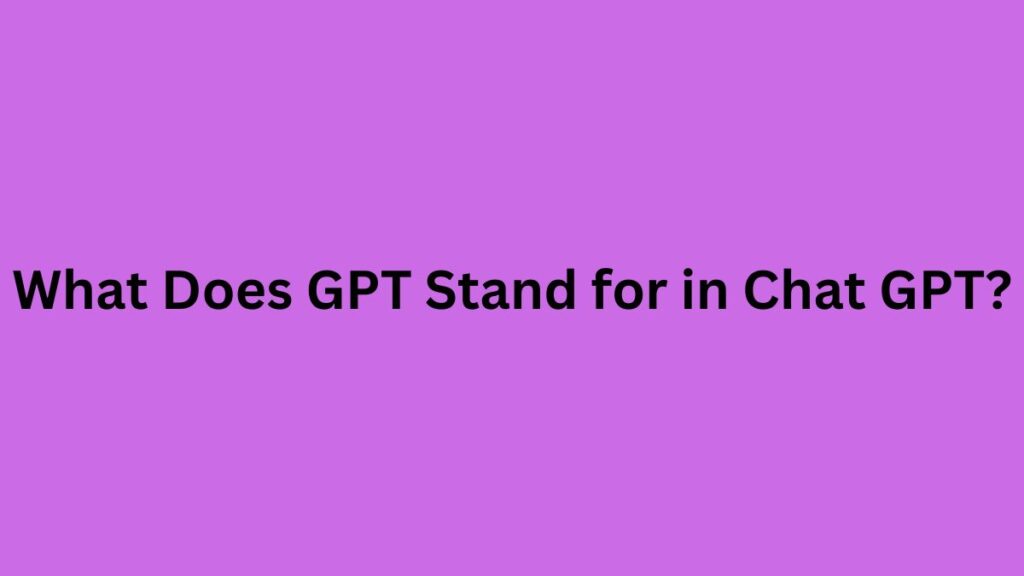The GPT Store was officially launched as a marketplace on January 10th, 2024. However, users have been able to create GPTs since November 2023, and over 3 million custom GPTs have been created, although not all of them are public. This is a significant development, especially when compared to the Apple App Store, which has over 2 million apps since its launch in 2008.
The GPT Store is more than just an extension of ChatGPT, and the potential of custom GPTs is still being discovered. Will the GPT store be similar to an app store? Will it host AI agents? Or is it all just hype? In this blog post, we explore how you can use the GPT store, what it comprises, and whether creators can earn money from it.
Let’s dive in!
What is the GPT Store?
The GPT Store, also known as the ChatGPT store or the custom GPT store, is an innovative platform introduced by OpenAI. This groundbreaking marketplace allows users to create, publish, and sell their own customized GPTs (Generative Pre-Trained Transformers) through the ChatGPT interface.
With the GPT store, OpenAI aims to democratize access to AI-powered chatbots, enabling individuals without coding skills to harness the power of artificial intelligence and generate passive income.
How to access the GPT Store?
Accessing the GPT store is a simple process that involves subscribing to one of OpenAI’s premium ChatGPT plans. Currently, the GPT store is available to users of ChatGPT Plus, ChatGPT Enterprise, and ChatGPT Team. By subscribing to these plans, users gain access to the GPT store and all its features, opening up opportunities to explore, use, and even contribute their own custom GPTs.
Here’s how you can navigate to the Open AI GPT Store:
- Head over to chat.openai.com and click on “Sign Up” in the top right corner. If you already have an account, simply log in.
Once you’re logged in, click on “Explore GPTs” in the navigation bar on the left side of the chat interface. This will take you directly to the GPT Store.
Once inside the GPT Store, you can find a search bar to discover your favorite GPTs, along with a section for featured GPTS and categories showcasing the most popular GPTs across various categories.

